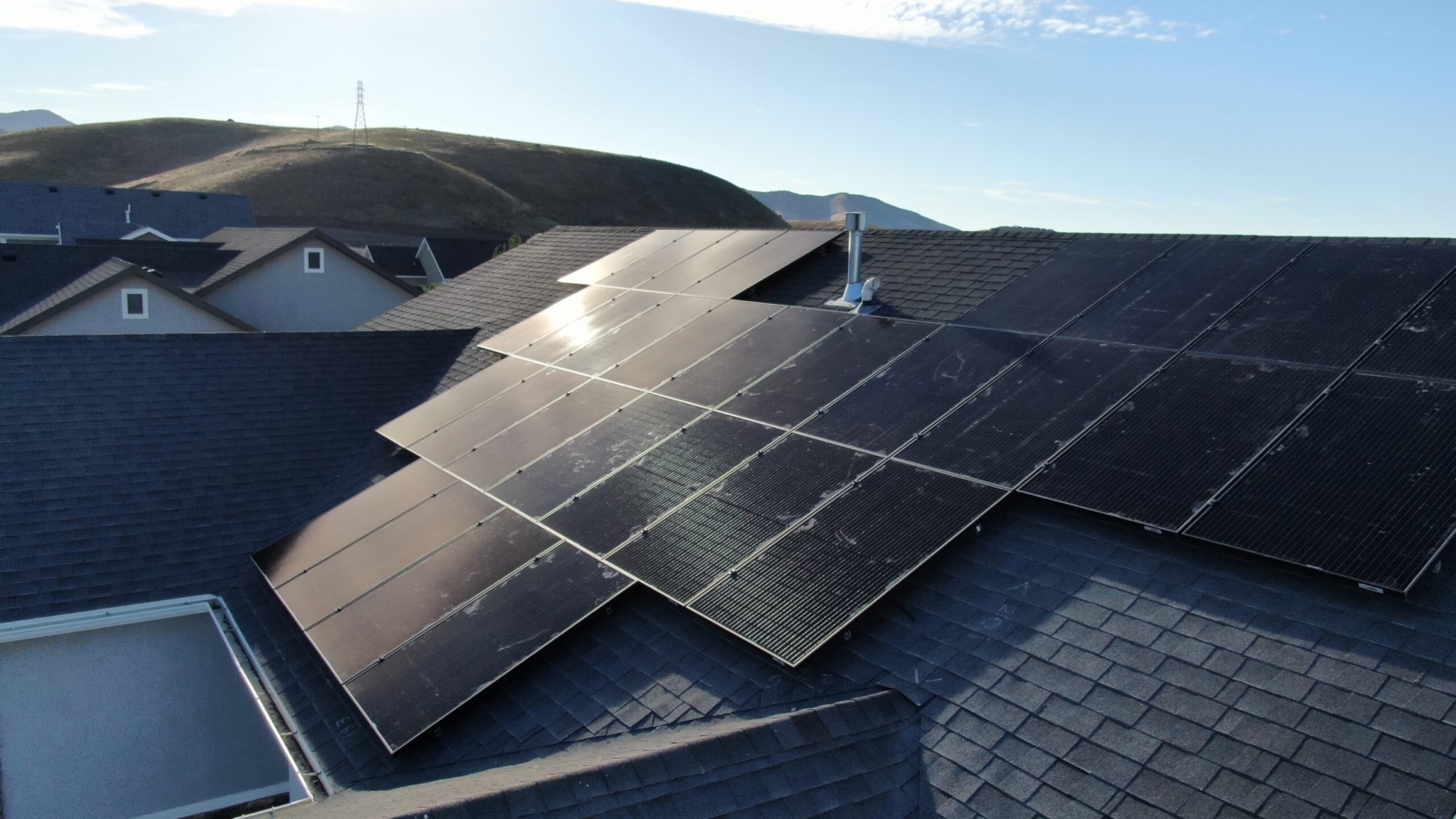The Ultimate Guide to Solar Batteries for Your Home
Solar batteries are essential for storing excess energy generated by solar panels, allowing you to use that power when your system isn’t producing electricity or during a power outage. While they offer numerous benefits such as backup power, reduced utility reliance, and potentially lower electricity bills, they come with a significant cost. Installing a single home battery typically ranges from $12,000 to $20,000.
Here’s what you need to know to determine if a solar battery is right for you.
Cost of Solar Batteries in 2024
The cost of solar batteries varies based on the brand and installation complexity. Here are some estimated prices for popular models:
- Enphase IQ 10: $10,000
- Tesla Powerwall: $9,200
- SolarEdge Home Battery: $9,000
- Generac PWRcell 9 kWh: $8,000
- LG Chem Prime: $9,500
The Tesla Powerwall often comes in at a lower cost compared to other options, but final prices can vary based on the installer.
Solar Battery Incentives
There are several incentives that can help offset the cost of solar batteries:
- Federal Tax Credit: A 30% federal tax credit is available nationwide, reducing your federal income tax liability by 30% of your battery installation costs. This can amount to approximately $4,500 for most installations.
- State and Utility Programs: Additional rebates and incentives may be offered at the state or local level. For example, California’s SGIP program provides rebates, while some utilities offer virtual power plant programs that pay you for using your battery’s stored energy during peak demand.
Note: Be aware of additional costs such as the installation of a sub-loads panel (also known as a critical loads or backup panel), which can add $1,000 to $2,000 to your installation costs. This panel helps manage the circuits backed up by the battery.
Factors Influencing Solar Battery Costs
Several factors can affect the cost of installing a solar battery:
- Number of Batteries: More batteries mean higher costs. The number you need depends on your energy use, the storage capacity of the battery, and how long you need to power your appliances. Typically, one or two batteries can handle basic needs during a power outage.
- Battery Characteristics: The brand, type, and features of the battery impact its cost. Lithium-ion batteries are more expensive but offer superior performance compared to lead-acid batteries. Advanced features and integrated inverters also increase the price.
- Labor and Installation: Labor costs can vary based on whether the battery is installed with the solar panels or added later. Installing the battery alongside the solar panels often reduces costs. However, retrofitting a battery to an existing solar system can involve additional permits, paperwork, and electrical work. Local market conditions and installer rates also play a role.
How Solar Batteries Work
Solar batteries store excess energy produced by your solar panels, which is especially useful during times when the panels aren’t generating electricity. For example, your panels might produce more energy during sunny days, which gets stored in the battery. When the sun sets and the panels stop generating power, your home draws from the battery. Additionally, solar batteries provide backup power during outages, keeping essential appliances running.
Advantages of Solar Batteries
- Backup Power: Ensures you have electricity during power outages.
- Energy Independence: Reduces reliance on the grid.
- Lower Carbon Footprint: Enhances your use of renewable energy.
- Potential Savings: Can lower electricity bills if your utility doesn’t offer full-retail net metering.
Are Solar Batteries Worth It?
The value of a solar battery depends on your needs and circumstances:
- Backup Power: If you experience frequent power outages, a battery can be invaluable. Unlike gas generators, batteries don’t require fuel and are silent.
- Electricity Bill Savings: If your utility offers full-retail net metering, a battery might not provide additional savings. However, if your utility has time-of-use billing or limited net metering, a battery could help you save money.
Overall, solar batteries are a good investment for homeowners who need backup power, don’t have full-retail net metering, or live in areas with substantial battery incentives.
For precise costs and savings, consult local solar companies to get quotes tailored to your specific situation.


